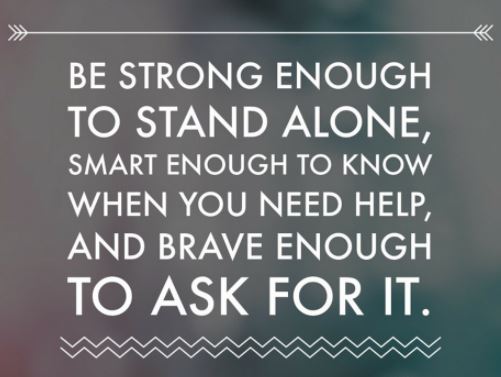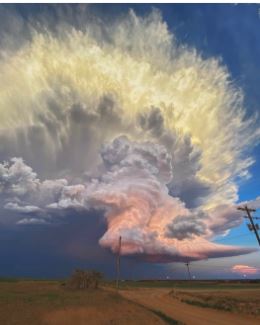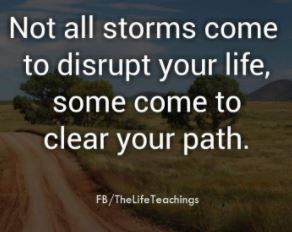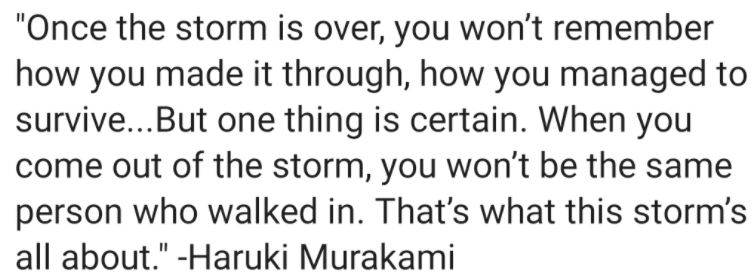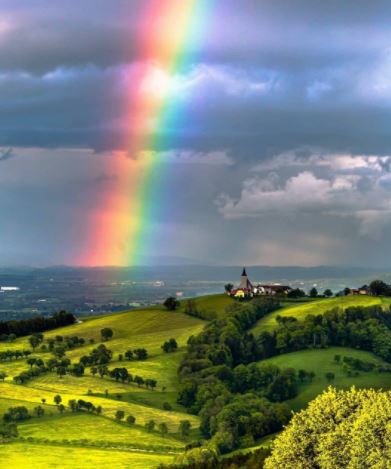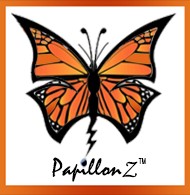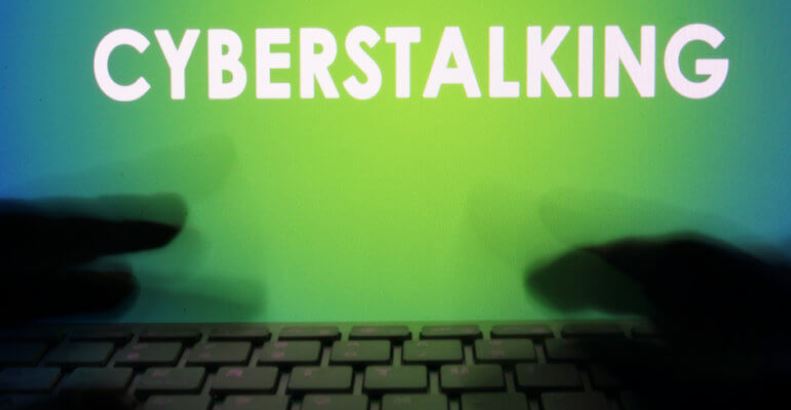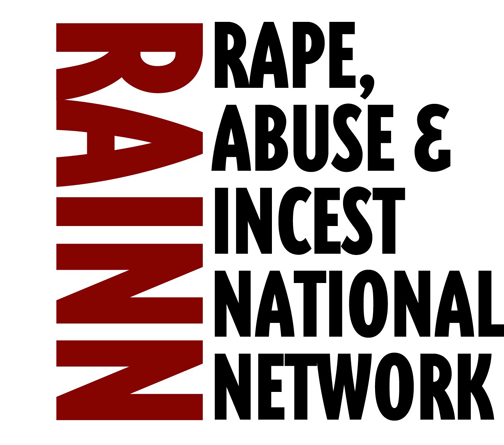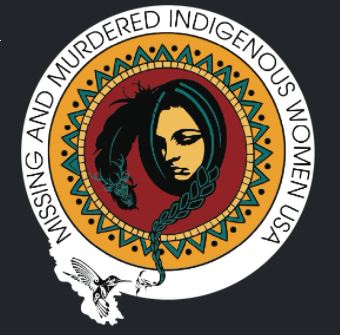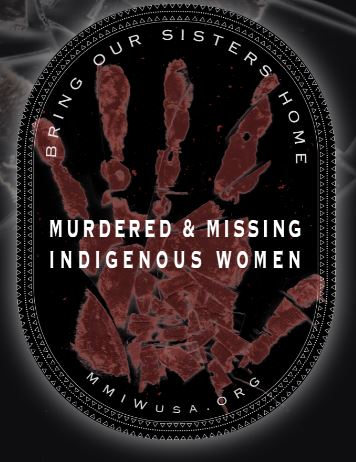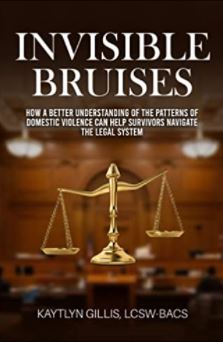STALKING & CYBERSTALKING

Click the Links below for more information on Peaceoverviolence.org
- Types of Abuse
- Am I in an Abusive Relationship?
- The Cycle of Violence, Power & Control
- Safety Planning
- Myths & Realities
- Guide for Friends & Families
Stalking/Cyberstalking
STALKING
Stalking occurs when someone repeatedly harasses or threatens someone else, causing fear or safety concerns. Most often, stalking occurs by someone the victim knows or with whom they had an intimate relationship.
Help prevent stalking by knowing the warning signs and how to get help.
https://www.cdc.gov/violenceprevention/datasources/nisvs/preventingstalking.html
FAST FACTS
https://www.cdc.gov/violenceprevention/intimatepartnerviolence/stalking/fastfact.html
Facts About Stalking
According to the National Intimate Partner and Sexual Violence Survey (NISVS):
- Stalking is common. About 1 in 6 women and 1 in 17 men have experienced stalking in their lifetimes.
- Stalking starts early. Nearly 54% of female victims and 41% of male victims experienced stalking before the age of 25.
- Stalking impacts the physical and mental health of victims. Research shows stalking can lead to depression and post-traumatic stress disorder. About 68% of female and 70% of male victims experienced threats of physical harm during their lifetime.
Common Stalking tactics can include:
- Unwanted phone calls
- Unwanted emails, instant messages, text messages, voice messages, or social media messages
- Approaching a victim or showing up unwanted, such as at the victim’s home, workplace, or school
- Leaving strange or potentially threatening items for the victim to find
- Watching, following, or tracking a victim
- Sneaking into the victim’s home or car and doing things to scare the victim or let them know the perpetrator had been there
PREVENTION IS POSSIBLE.
Everyone can work together to know, name, and stop stalking by:
- Helping others define and recognize stalking behaviors
- Mobilizing men and boys as allies in prevention efforts
- Creating and supporting safe environments within relationships, schools, and communities through programs and policies that promote healthy relationships
Need help? Know someone who does?
Contact your local service provider or a national hotline:
- Victim Connect: 1-855-4VICTIM (1-855-484-2846)
- National Domestic Violence Hotline: 1−800−799−7233 or TTY 1−800−787−3224 En Español
- The National Sexual Assault Hotline: 1-800-656-HOPE (4673)
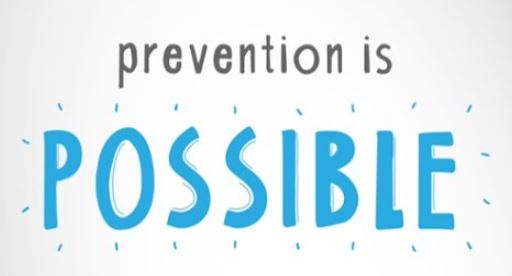
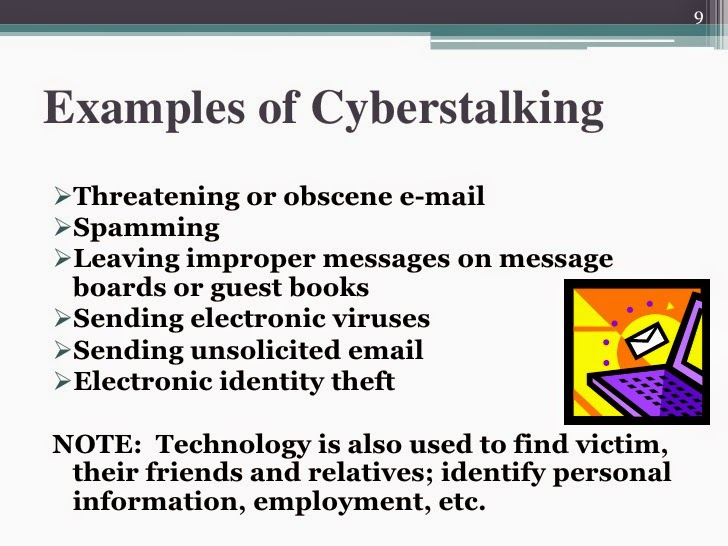
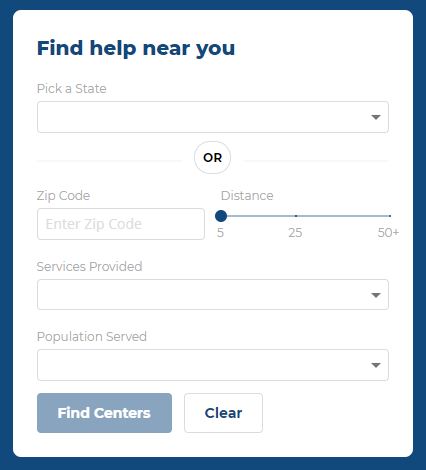
( centers.rainn.org )
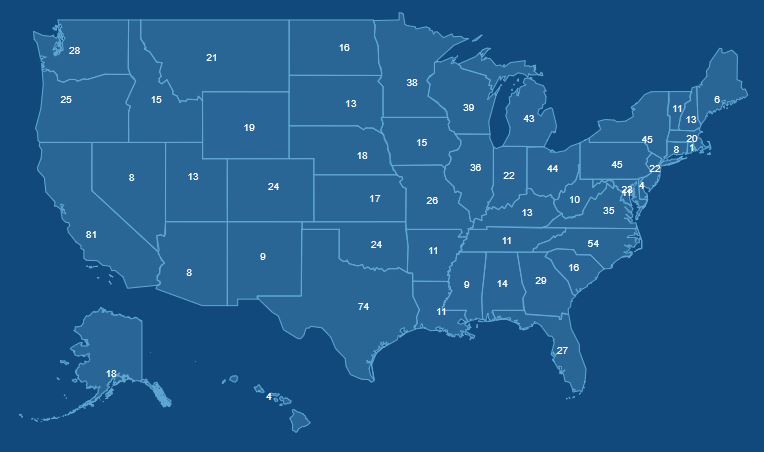
It’s helpful to have support in your own community after a sexual assault. Local service providers make it easy for you to access care, and they are knowledgeable about the laws in your area and local resources that can assist you.
ADVOCATES AND SHELTERS (Local Programs) listed by State, organized by County:
https://www.womenslaw.org/find-help/advocates-and-shelters
For a list and description of organizations that provide assistance for survivors and their families, visit: https://www.rainn.org/national-resources-sexual-assault-survivors-and-their-loved-ones
- Asian, Native Hawaiian and Pacific Islander Survivors
- Black Survivors
- Child Abuse/Sexual Abuse
- College Students
- Domestic, Dating and Intimate Partner Violence
- Human Trafficking
- Immigrant Survivors
- Incest
- Indigenous Survivors
- Latinx Survivors
- Legal Resources
LGBTQ Survivors
LGBTQ Survivors of Color
Male Survivors
Medical/Physical Health
Mental Health
Military Resources
Stalking
Sexual Assault Prevention
Suicide & Self-Harm
Survivors with Disabilities
“The RAINN app gives survivors of sexual violence and their loved ones access to support, self-care tools, and information to help manage the short- and long-term effects of sexual violence.
Find Support
“The app’s “Hotline” feature can connect you directly with one-on-one support from a trained support specialist on RAINN’s National Sexual Assault Hotline via phone or online chat. It’s free, confidential and available 24/7.
“You can also chat with other survivors in our peer-to-peer HelpRoom.”
Practice Self-Care
“The app’s “Self-Care” section contains exercises to help you take a moment for yourself as you heal. They include a Mood Tracker to help you reflect on how you’re feeling and figure out the best ways to care for yourself; relaxing visuals from The Monday Campaign to help you destress; and audio exercises from Headspace for calming meditation.”
Learn More
“The app’s “Learn” section includes helpful information on sexual violence topics, finding and giving support, and healing.
“You can also hear from survivors offering their own real-life stories of hope and healing.”
The RAINN app is available in the App Store and on Google Play. Download it today.
Each month, RAINN highlights a member of its National Leadership Council. The NLC is a group of dedicated individuals who have shown their commitment to RAINN’s mission of supporting survivors and ending sexual violence.
Whitney Wolfe Herd is the founder and CEO of Bumble, which puts women in control of the online dating experience, and a member of RAINN’s National Leadership Council. She recently became the youngest woman to take a company public and is a passionate advocate for women leaders in business.
Bumble CEO on Supporting Survivors and Creating Safer Dating Experiences
Excerpt:
What do we need to do as a country to prevent sexual violence?
“We need to promote discussions of healthy relationships from a young age as well as empowering folks of all genders—including men and boys—to be allies. Bystander intervention should be taught on every college campus. We also need to uplift and support the crucial work of organizations like RAINN, who are not only doing the work on the ground to educate communities and provide support to victims, but urging lawmakers to take action to, for instance, end the rape kit backlog.”
STUDENT SAFETY
https://www.rainn.org/safety-students
Safety & Prevention
https://www.rainn.org/safety-prevention
Safety for Parents
Safety for Students
Warning Signs
Protecting Others
Online Safety
Safe Web Browsing
Social Media Safety
Staying Safe
What Consent Looks Like
How to Respond if Someone is Pressuring You
Safety Planning
Safety Tips for Traveling
Alcohol Safety
Let’s Talk About…for all ages
Staying Safe on Campus
https://www.rainn.org/articles/staying-safe-campus
Alcohol Safety
https://www.rainn.org/articles/alcohol-safety
Steps You Can Take to Prevent Sexual Assault
https://www.rainn.org/articles/steps-you-can-take-prevent-sexual-assault
Your Role In Preventing Sexual Assault (Bystander)
https://www.rainn.org/articles/your-role-preventing-sexual-assault
What Consent Looks Like
https://www.rainn.org/articles/what-is-consent
How to Help Someone You Care About – Tips from RAINN
https://www.rainn.org/sites/default/files/HelpSomeoneOnePageRAINN.pdf
SelfCare After Trauma – Tips from RAINN
https://www.rainn.org/sites/default/files/SelfCareOnePageRAINN.pdf
Online Dating and Dating App Safety Tips
https://www.rainn.org/online-dating-and-dating-app-safety-tips#overlay-context=
#RAINNDAY & #LetsGetLoud “Need some social media inspiration? Try pairing a few of the posts with our RAINN Day graphics below.
“Browse the #RAINNDay and #LetsGetLoud hashtags on Instagram to see how students around the country are raising awareness for Sexual Assault Awareness and Prevention Month.
#LetsGetLoud & speak out about sexual assault during #RAINNDay. Make a difference: rainn.org/rainnday
#LetsGetLoud so survivors know that they are not alone. I’m making a difference on my campus with #RAINNDay on 4/14. You can too: rainn.org/rainnday
#LetsGetLoud so survivors know that they are believed and sexual violence is not tolerated on our campus. Learn how you can help at rainn.org/rainnday
#LetsGetLoud about protecting each other. I’m bringing my campus together on #RAINNDay to help end sexual assault. rainn.org/rainnday As a college-age person, we are at a high risk for sexual violence. #LetsGetLoud and stop sexual assault on college campuses. Find out how at #RAINNDay. rainn.org/rainnday
SPREAD THE WORD ON SOCIAL MEDIA!!
“You can play an important role in stopping sexual violence and connecting survivors with the support they deserve. The best part? You only have to lift a finger. Acting with RAINN on social media gives you a chance to have a voice in the conversation about sexual violence.
Share the messages below on social media:
Connect survivors with help: The National Sexual Assault Hotline provides free, 24/7 support to survivors of sexual assault and their loved ones. Reach those who need this valuable service by sharing the hotline information on social media.
If you have been affected by sexual assault, you are not alone. @RAINN provides free, confidential support 24/7 at online.rainn.org.
@RAINN provides free, 24/7 support for survivors of sexual assault and their loved ones at 800.656.HOPE and online.rainn.org.
Sexual assault is never your fault. @RAINN now offers free, confidential Spanish support services online 24/7 at rainn.org/es.
Educate your friends: Debunk myths and educate your network about sexual violence. Share a statistic to shed light on the issue. Every 73 seconds, another American is sexually assaulted. Learn more and take action with @rainn at rainn.org. 98% of rapists will never spend a day in jail. Help bring rapists to justice with @rainn at rainn.org.
Advocate for survivors of sexual violence: Use your voice to create a ripple effect of change for survivors among your peers, in your community, or even on Capitol Hill.
Raise awareness and educate students about sexual assault resources from @RAINN with #RAINNDay! Learn more at rainn.org/rainnday.
Support funding to help victims of sexual violence and hold perpetrators accountable. rainn.org/action-center @rainn #ActWithRAINN.”
 Public Policy and Action – Interactive Map – Laws of Your State
Public Policy and Action – Interactive Map – Laws of Your State
RAINN Needs Your Voice
Countless survivors’ kits are languishing on shelves in evidence rooms and labs across the U.S. Even today, some survivors must wait nearly a decade to get their kits processed and tested. Right now, approximately 200,000 kits wait to be tested. Today, we have a chance to make a difference.
The U.S. Senate is currently deciding how much to spend on the backlog and your voice can be the difference between more funding or less.
Stand With Survivors and Ask Your Senators to End the Backlog. Justice Delayed is justice denied. Urge your senators to do their part to help end the rape kit backlog today.
Send email = https://p2a.co/1jqx2dk?p2asource=FY21_BacklogAlert_email1_all
How RAINN’s Policy Team Works Help Survivors https://www.rainn.org/news/how-rainns-policy-team-works-help-survivors
“Recently, as Congress has considered police reform legislation, RAINN has urged House and Senate leaders to include a number of additional changes to help survivors of sexual violence. RAINN’s suggestions address issues that disproportionately impact Black victims of sexual violence, especially Black girls, who are overrepresented in juvenile justice data. According to The Sex Abuse to Prison Pipeline: The Girls Story, 76 percent of girls involved with the justice system have histories of physical and sexual abuse.”
Click Here for Online Safety and more information on Cyberstalking

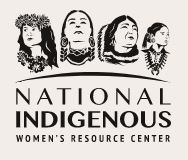
Indigenous/Native American Organizations
What does National Indigenous Women’s Resource Center do?
With a mission to end violence against Native American women and children, Mending the Sacred Hoop and its many programs and services supports victims of abuse and leads efforts to restore the safety of women across the country.
Native Womens Wilderness is an organization whose mission is to inspire and raise the voices of Native Women in the outdoor realm and encourage a healthy lifestyle grounded in the wilderness. Native Womens Wilderness also works on missing and murdered Indigenous women awareness.
Missing and Murdered Indigenous Women USA is a community-led initiative that focuses on the missing and murdered Indigenous women (MMIW) epidemic on both sides of the Canadian-U.S. border. There are systemic causes of the violence that causes the disproportionate rate of missing and murdered Indigenous women and girls, of which a great many cases go unsolved.
Across the United States and Canada Native Women and girls are being taken or murdered at an unrelenting rate. Native Hope exists to address the injustice done to Native Americans. We dismantle barriers through storytelling and impactful programs to bring healing and inspire hope.
Native Hope Resource Guide Addressing Native American Issues as a Non-Native for Allies
StrongHearts Native Helpline (1-844-762-8483, or strongheartshelpline.org) is a 24/7 safe, confidential and anonymous domestic, dating and sexual violence helpline for American Indians and Alaska Natives, offering culturally-appropriate support and advocacy.
The Center provides legal assistance to indigenous peoples of the Americas to combat racism and oppression, to protect their lands and environment, to protect their cultures and ways of life, to achieve sustainable economic development and genuine self-government, and to realize their other human rights. The Center’s Safe Women, Strong Nations project partners with Native women’s organizations and Indian and Alaska Native nations to end violence against Native women and girls. Our project raises awareness to gain strong federal action to end violence against Native women; provides legal advice to national Native women’s organizations and Indian nations on ways to restore tribal criminal authority and to preserve tribal civil authority; and helps Indian nations increase their capacity to prevent violence and punish offenders on their lands.
Alliance of Tribal Coalitions to End Violence
Tribal Coalitions: Increase awareness of domestic violence, sexual assault, and sex trafficking against American Indian and Alaska Native women.
Enhance the response to violence against women at the tribal, federal, and state levels; and identify and provide technical assistance to coalition membership and tribal communities to enhance access to essential services.
VICTIM SERVICES DIRECTORY
Victim Services Directory for Trafficking Victims (tribaltrafficking.org)
Our holistic victim services directory, Sex Trafficking in Indian Country: Victim/Survivor Resource Book, is intended to provide Tribal Coalitions with basic information on sex trafficking as it impacts Native people and to provide access to direct services that may assist victims/survivors of sex trafficking. This resource contains a 900+ page victim/survivor services directory that is organized by state. Only states with a Tribal Coalition are represented in this directory.
This user-friendly directory of relevant free-to-low cost services can be used to aid victims of sex trafficking and sexual assault so they can easily access everything from short-term resources such as emergency shelter, food, and protection order assistance to long-term services like healthcare, education, and employment.
The directory was created with the tribal coalitions in mind, so they can immediately refer their clients to a national network of direct service providers. However, we have also designed this directory to be user friendly, so individuals looking for help can have a one-stop-shop to deal with the effects of sex trafficking, sexual assault, and exiting the sex industry.
(This directory was published in September of 2016 and it reflects information that was current at the time of publication)
Missing and Murdered Indigenous Women USA
MMIW USA’s main focus is the families and women that have been abandoned by law enforcement and other institutions. They fill the gap between the family and law enforcement and demand answers, something these families felt afraid to do. Two years ago MMIW USA started the Staying Sacred Program for young women and girls. At the meeting the girls are taught self-defense and empowerment through native culture. We engage in discussions around trafficking and social media and we also balance that with medicine making and giving them a place to connect with the land and our Earth Mother. Proceeds will help this program expand, buying facial recognition software to look for trafficked women and the capability to run back ground checks as we delve into stopping the violence that leaves some native women 10 times more likely to be raped or murdered. Chukmaskhi’ for your help in this matter. You are appreciated.
(On the website, you can read “More about us” by clicking the button.)
Allow 7-10 business days
Some things can be so easily digitally slapped together these days. We wanted a symbol that was organic and real. Our Artist Tyler Phibbs (Blackfoot) had an idea… an idea to take a human handprint on glass, break it with a hammer and then scanning the pieces. Chris Borges (Manaus – Amazonia) literally lent a hand and we were on a creative frenzy. Why this much effort for a logo?! Why so many pieces involved?! Each missing person is worth all the effort. A human handprint from a Manaus medicine family descendent is a prayer of a return to healing. The handprint shattered in pieces represents the shattered hearts and lives of the victims and families whom are impacted by this tragic epidemic. We hope these items help spread awareness, help in support MMIW USA, bring our family members home and stop this cycle. YAKOKE CHITO.

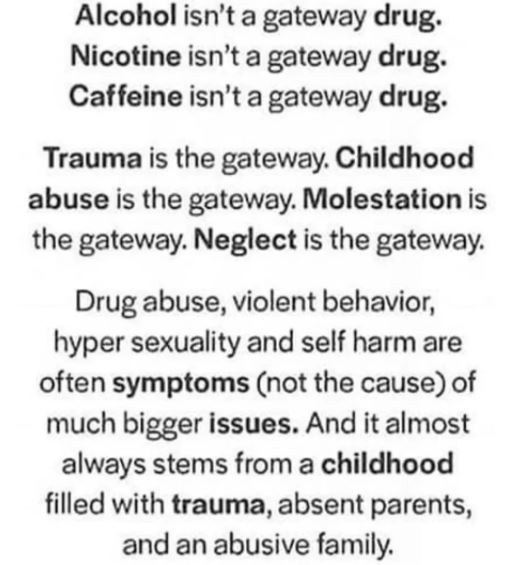
Kaytlyn Gillis is the author of the book Invisible Bruises, and her Blog on Psychology Today Kaytee Gillis, LCSW-BACS | Psychology Today.
While much of the information in Kaytee’s book is for Survivors of Domestic Violence, her work focuses on assisting survivors of psychological abuse, stalking, and other non-physical forms of domestic violence and family trauma.
Follow Kaytlyn Gillis @ claras_voice on Instagram. You can also listen to her Podcast, KAYTEE with a Why – The Podcast, on Spotify and Anchor.
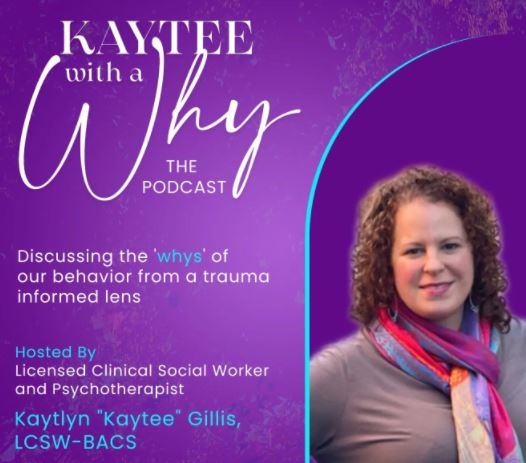
From Amazon: Kaytlyn Gillis’s debut, Invisible Bruises, is gripping account of the ways in which the legal system actually perpetuates the cycle of domestic violence. Gillis describes in a chilling, raw manner the way that victims continuously fall through the cracks in our criminal justice system while the courtroom becomes yet another tool that perpetrators use to further the abuse. Gillis navigates the courtroom battle with readers while giving tips for minimizing the risk of re-traumatization. (Available on Amazon.)
While much of the information in Kaytee’s book is for Survivors of Domestic Violence, her work focuses on assisting survivors of psychological abuse, stalking, and other non-physical forms of domestic violence and family trauma.
Kaytee also has a Blog on Psychology Today, with many articles that contain a lot of information for Survivors of Trauma, in general. See, 5 Mental Health Goals for Trauma Survivors in the New Year.
Follow @claras_voice – Resources for healing for all survivors of family trauma and domestic abuse
Additional Resources
- Advocates and Shelters | WomensLaw.org (drop-down menu for your State)
- Click here to enter your zip code: Find Domestic Violence and Abuse Help, Information and Stats (domesticshelters.org)
Domestic Violence Support | The National Domestic Violence Hotline (thehotline.org)
- National Organizations | WomensLaw.org (listed by subject matter)
- Chat Rooms and Message Boards | WomensLaw.org
- VictimConnect (serves victims of crime in US (including assault, abuse, domestic violence, teen dating violence, trafficking, stalking, etc.), and make local referrals.
Mental Health Resources
